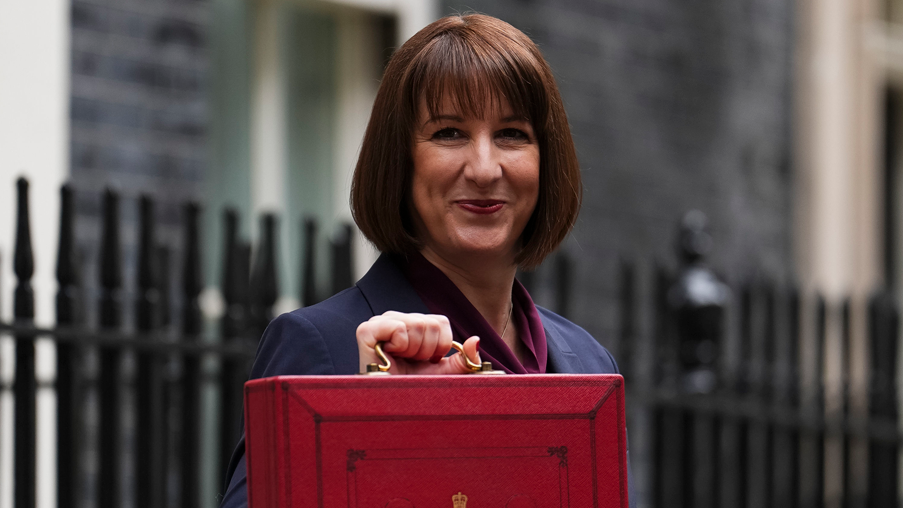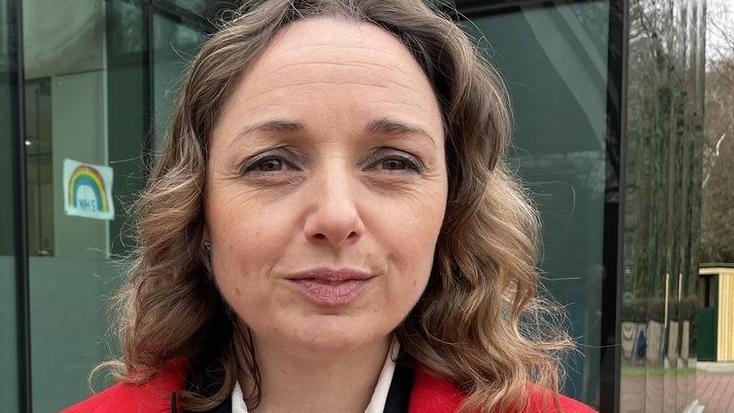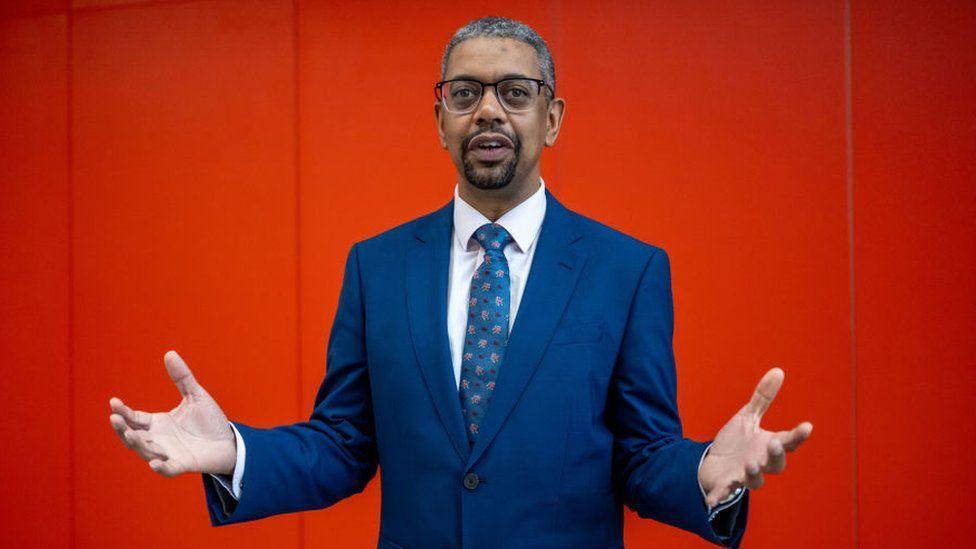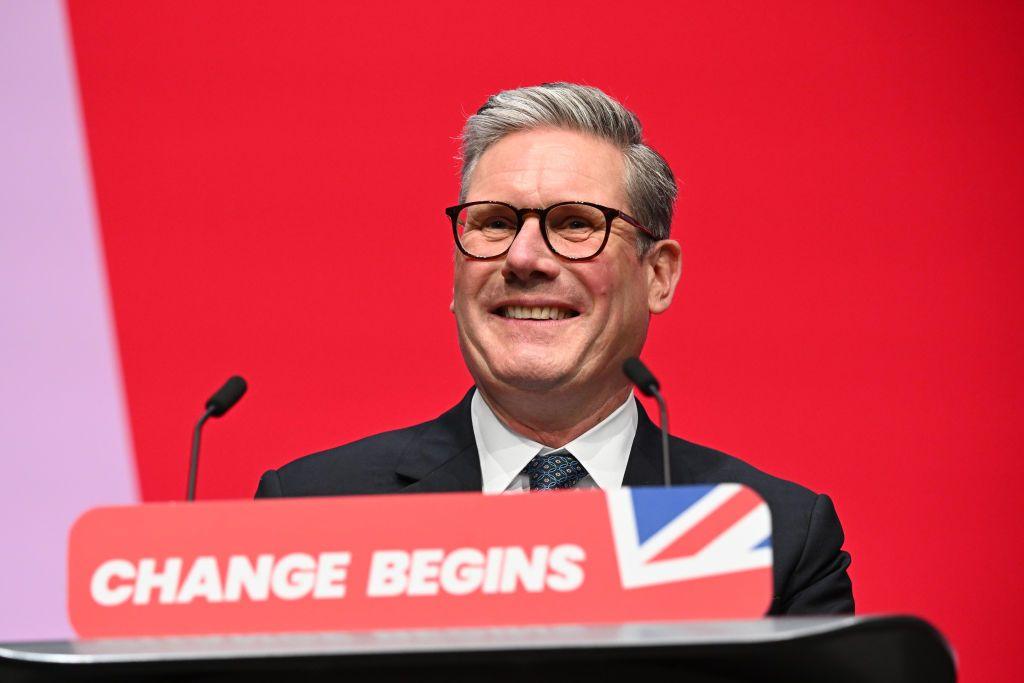Gareth Lewis: Charities' plea over tax increase

Despite concerns from many organisations, the UK Labour government are standing firm on their changes to national insurance contributions
- Published
A week on from the Budget, it’s becoming clear that the UK Labour government’s plans to increase employers’ National Insurance could hit Welsh charities, not-for-profits and voluntary organisations hard.
There are warnings that services could be cut to make ends meet.
Although these groups often win contracts from organisations such as local authorities – and provide important services - they won’t be reimbursed for the rise in NI contributions, unlike public sector organisations such as the NHS and councils themselves.
At the moment, businesses pay a rate of 13.8% on employees' earnings above a threshold of £9,100 a year. In the Budget, Chancellor Rachel Reeves said this rate would increase to 15% in April 2025, and the threshold would be reduced to £5,000.
Drakeford accused of Budget statement rule breach
- Published6 November 2024
Welsh ministers' finances transformed, say experts
- Published31 October 2024
The tax changes will raise £25bn.
The employment allowance - which allows companies to reduce their NI liability - will increase from £5,000 to £10,500.
Even with that employment allowance mitigation, some of the figures are eye-watering.
Mirus, which is a not-for-profit social care provider and employs 800 people, says a combination of NI and real living wage increase means they need to find an extra £1.6m next year.
Meanwhile, the mental health charity Platfform is facing an NI rise of £250,000, and St John Ambulance Cymru will see a £50,000 increase.
The UK umbrella body for charities has already called on the UK government to change its mind and reimburse voluntary organisations, as it is doing for those in the public sector.
Its Welsh counterpart, the WCVA, issued a statement on Wednesday calling on the Welsh government to increase the amount that voluntary organisations are paid for providing services to the public sector.
The WCVA has its eyes on the Welsh government’s own draft budget which will be published on 10 December.
Welsh ministers have an extra £1bn to spend in the 2025-26 fiscal year after the chancellor announced her spending plans last week.
But bringing down NHS waiting lists is the Welsh government’s number one priority and councils are facing a £500m shortfall - it is easy to see how that extra money will start to get eaten up.

Plaid Cymru MP Llinos Medi raised the struggle of tax rises for care homes in the House of Commons
Private care homes which provide NHS services are also worried, and their case was picked up in the House of Commons during Prime Minister’s Questions by the Ynys Mon Plaid Cymru MP Llinos Medi.
She said the Glan Rhos nursing home in her constituency was facing a £127,500 annual increase in costs and asked Keir Starmer if he’d reconsider the NI plans.
The prime minister gave what has become the familiar defence – that the new UK government has to fill a £22bn hole in the public finances and that the allowance before employers have to pay NI has been doubled to £10,500.
GP surgeries and hospices are also making their case – they also don’t stand to be reimbursed under the NI plans.
The Conservatives have called the NI changes a “destructive jobs tax”.
But despite political pressure and intense lobbying from charities, voluntary organisations and not-for-profit groups, Labour is standing firm.
All the while, those groups are wondering how to keep a firm foothold of their own, in paying increased costs and continuing to provide services.
Related topics
- Published8 September 2024

- Published24 September 2024
